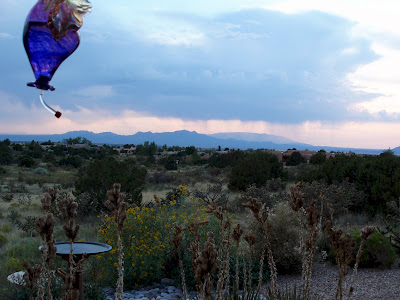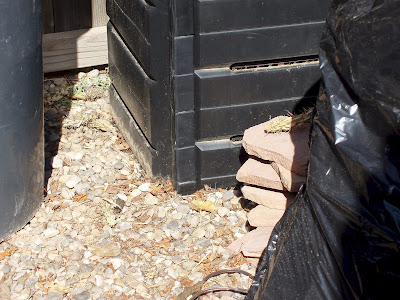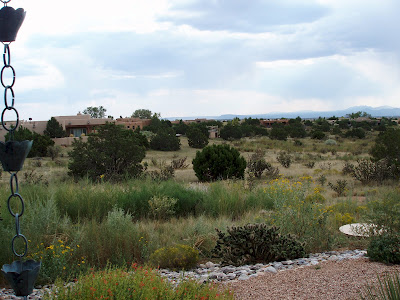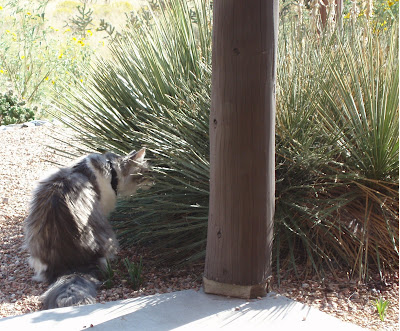I left our new house today, almost exactly one month after we first arrived.
And yes, there was an unreality to it.
My schedule doesn’t often allow for an unbroken four weeks at home, so that was a blessing. But last night, as I packed for this business trip, a part of me pictured the old house in Laramie. As if I’d be returning there after this trip, as I did for so many years.
In fact, it felt a bit like the vacation was over.
We’ve been feeling that way, less so now than at first. We’ve been feeling like we’re simply renting this vacation house and we’ll return to real life sooner or later. I’m not sure where that comes from. We’ve certainly done that before, rented a house in a beautiful place for a week or two. With always the return to normal life after.
And the new house is beautiful enough to be that. I remember when we moved into our last house, it took me a while to become accustomed to the new circumstances. I wouldn’t habitually drive to the old house, the one we lived in for 11 years, but I’d feel the impulse to go that direction. Sometimes I’d drive by the old house, just to see it, even though the new house was a step up in every way.
That move though, was only from the fifth block north to the fourth block south, and from 6th Street to 11th Street. Our new house was only around the corner from the apartment I first rented when I moved to Laramie as a grad student in 1988.
So the relocation has something to do with it. Though I don’t remember feeling this way when I moved from Denver to St. Louis at 18, or from St. Louis to Laramie at 22.
I’m really wondering if this isn’t habit so much as age.
Yesterday, David bought a field guide to the local plants, insects and animals. He needs a real grounding in the nature around him, so different from Wyoming’s.
Leaving the house this morning, I felt funny about it. Packing had been weird, since I was out of step on my habits. Still learning where I’ve put everything.
“Will it be strange for you,” I asked David, “being in this house without me?”
“Probably,” he answered, and looked a little sad. Then he shrugged. “Just another new thing to get used to.”
It’s good for us, to make this change. To stimulate our mental flexibility and learn a new place and culture.
I wonder when it will begin to feel like normal life.

 .
.






